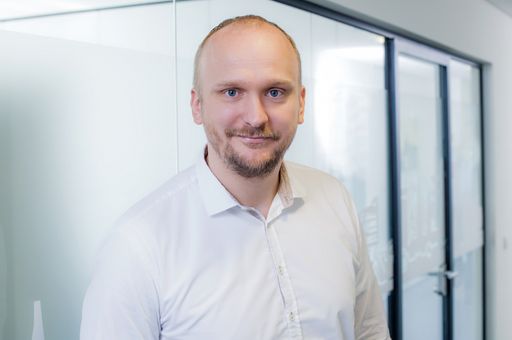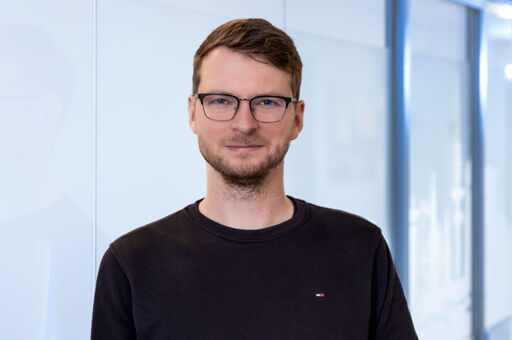On 11 March 2020, the EU Commission submitted an updated action plan for the recycling industry as part of the EU industrial strategy. The EU Commission will propose legislation to promote sustainable product policy. The following contents were agreed:
Products placed on the EU market should be designed in such a manner as to ensure that they:
- have a longer service life,
- can be reused, repaired and recycled more easily,
- contain the highest possible proportion of recycled materials instead of primary raw materials.
In addition, legal requirements are to be drawn up that:
- restrict the use of disposable products,
- prevent premature obsolescence,
- prohibit the destruction of unsold durable goods.
Moreover, the Commission would like to reinforce the position of consumers by ensuring that:
- consumers have access to reliable information on the reparability and durability of products in order to make environmentally sustainable choices,
- consumers have a genuine “right to repair work”.
The Commission has identified target sectors in which it perceives a high use of resources and high recycling potential. These industry segments include the following:
- packaging and plastics,
- electronic devices, batteries,
- vehicles,
- textiles,
- building construction,
- foodstuffs.
In line with the multi-level waste hierarchy, the Commission will provide additional legal parameters that:
- avoid the generation of waste,
- enable high-quality secondary raw materials to be obtained,
- reinforce the level of marketing and use of secondary raw materials.
In addition, waste separation is to be intensified and illegal exports of waste from the EU prevented.
VERE e.V., partner of trade-e-bility GmbH, has begun alerting political decision-makers to the need to implement the planned measures under the aspect of maintaining fair competition. The planned measures are aimed at ensuring that the uncontrolled, unregulated and ruinous direct import of toxic, unsafe and short-lived consumer products from third countries is not allowed to happen again in any circumstances whatsoever.
It is crucial to prevent further tightening and extension of producer responsibilities from worsening the imbalance in terms of costs and responsibilities between free riders from third countries on the one hand, and suppliers who operate in compliance with European environmental legislation on the other.
For your questions, please do not hesitate to contact Christoph Brellinger at VERE e.V. by calling +49/40/750687-111 or sending an e-mail message to info@vereev.de.

